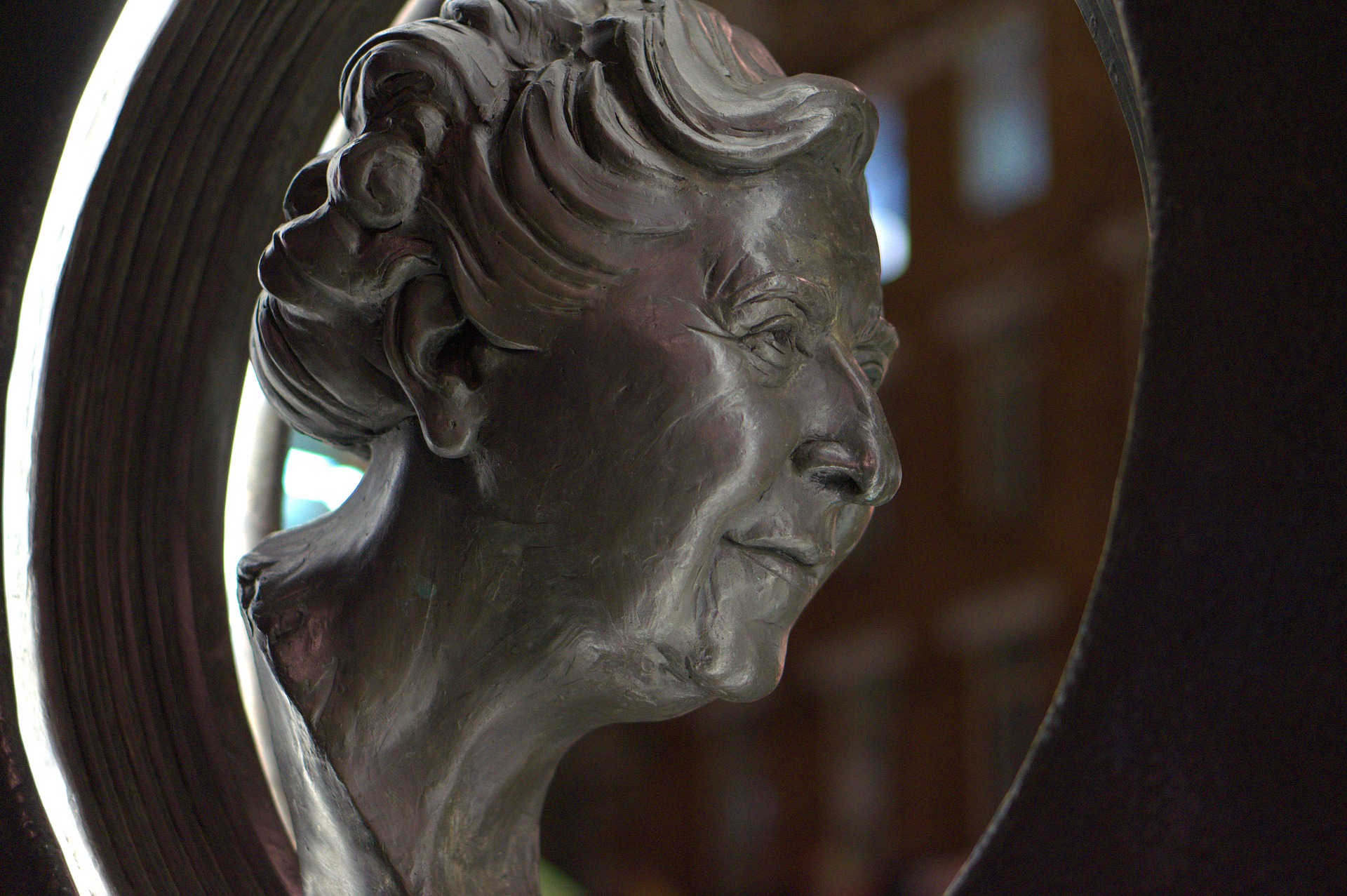Morality in Crime Writing
Introduction As a writer of murder mysteries I have had to make some decisions in relation to the ethical dilemmas of writing about crime and murder. Some authors go down the road of graphic violence and explicit detail while others steer clear, focusing on the mystery element rather than the crime itself. Sometimes there appears to be an appetite in society for sensationalist gratuitous violence or sex, and scenes that shock within suspense fiction. This is often coupled with frequent use of strong language whether or not it fits the story. It's almost expected. But do we always need a sledgehammer to break an egg? Sensationalist Fiction Sensationalist fiction is not new and emerged as a genre in the Victorian era. Murder was just one of the many scandalous topics addressed in books of the late 1800s (Rubery, 2011). The difference between then and now is that such literature produced an outcry when it was first introduced, whereas now there is a general hunger for more of the same. Why might this be? Chandler (1950) argued that the classic genre of crime novels was too detached from reality due to the murders occurring off-screen. He was scathing of classic crime writers such as Dorothy L. Sayers, Agatha Christie and Arthur Conan-Doyle, arguing that their characters lacked depth. His opinion was that hard-boiled (at the time, American) crime portrayed the real world and crime writers should incorporate this. His point being that fiction is intended to be realistic. I agree with Ainsworth (2014) who argues in her dissertation that Chandler missed the point that, although the murders are more subtle in classic crime, writers such as Sayers addressed real psychological issues. Shell shock being one of these (Sayers husband had been a sufferer post WWI). Arthur Conan-Doyle also included the topic of nerves and trauma suffering in his…


